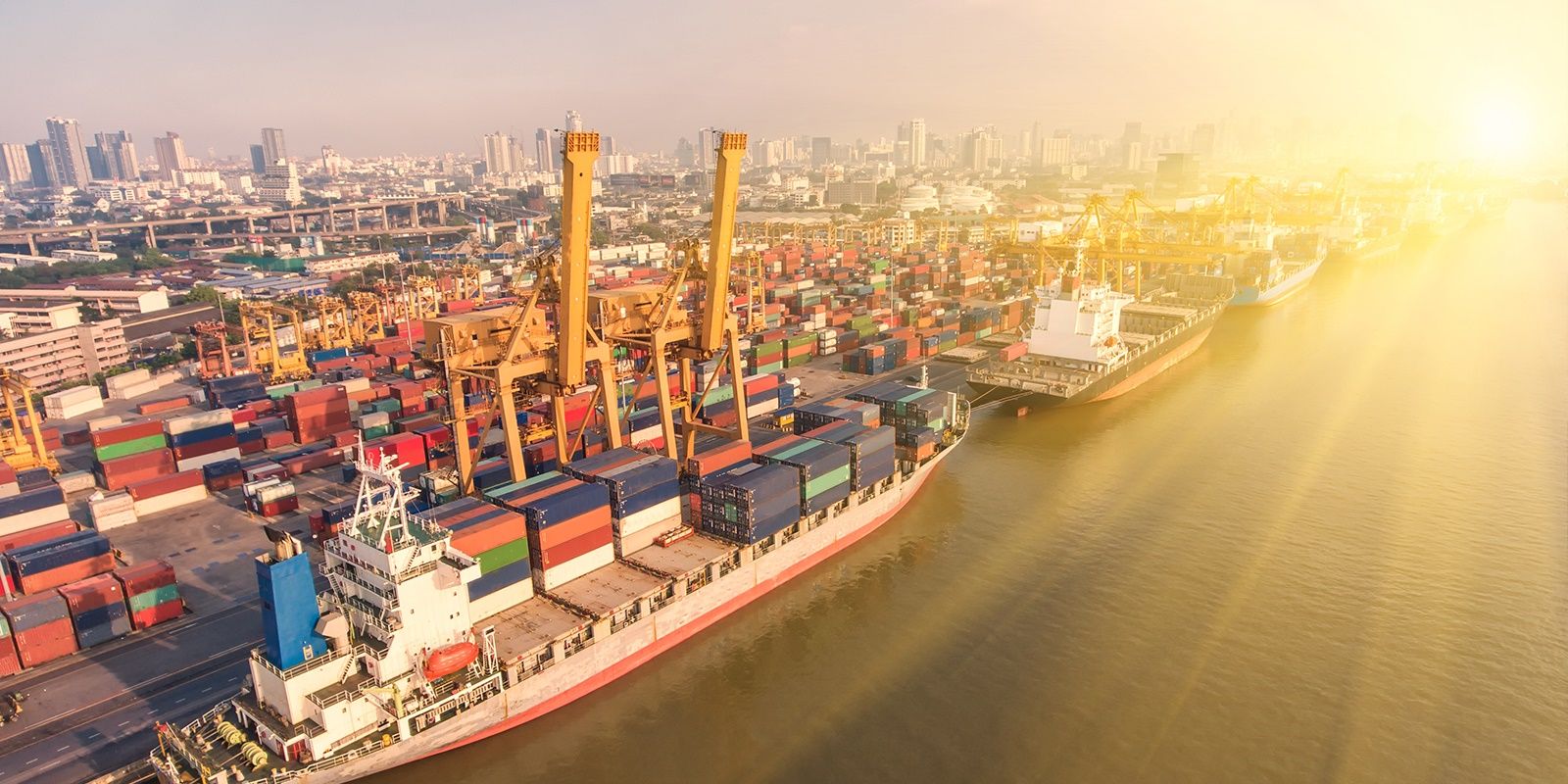
Ports

Ports
Ports are complex facilities built on the shores of the sea, river or lake to receive, direct and meet the requirements of ship traffic. Ports are centres of trade and transport and often provide the link between land and sea transport. However, ports not only manage freight and passenger traffic, but also provide services such as loading, unloading, maintenance and repair of ships.
Ports are key elements of international trade and economic development. Ports have become an important part of the global economy as a large part of world trade takes place by sea. Moreover, ports function as a central component of logistics chains and ensure that trade is carried out effectively and efficiently.
Ports Frequently Asked Questions
- What is done in a harbour? – Ports include ship loading and unloading, as well as storage, customs clearance, technical services and logistics support.
- Why are ports important? – Ports function as centres of trade and transportation. Since most of the trade is carried out by sea, ports are key elements of international trade.
- What do port authorities do? – Port authorities manage the daily operation of ports, plan ship traffic, ensure security, coordinate loading and unloading operations and maintain port infrastructure.
"Ports are facilities built on the shores of the sea, rivers or lakes and are used to receive, direct and meet the requirements of ship traffic."
Multi Transport
Harbours usually include various components:
- Piers and Docks: These are the sections where ship loading and unloading operations are carried out. These areas usually provide suitable platforms for berthing ships and handling cargo.
- Storage and Warehouses: Ports usually have storage facilities where various cargoes are temporarily stored and processed.
- Customs Facilities: Ports contain customs facilities necessary for import and export operations. Here customs declarations are made and taxes are collected.
- Logistics Centres: Ports may include logistics centres to facilitate the transport and distribution of cargo. These centres provide storage, transport and distribution of cargo.
- Technical Facilities: Ports have appropriate facilities to meet the technical needs of ships such as maintenance, repair and refuelling.
- Administrative and Service Buildings: Ports include administrative offices, control towers, terminal buildings, security facilities and other service buildings.
Logistics Services
For Business
Logistics and Cargo
“Küresel taşımacılıkta güvenilir, sürdürülebilir ve yenilikçi çözümler
Phone: +90 232 402 64 64
Email: info@multitransport.com
Çalışma saatleri
- Pzt - Cuma: 09:00 - 18:00
